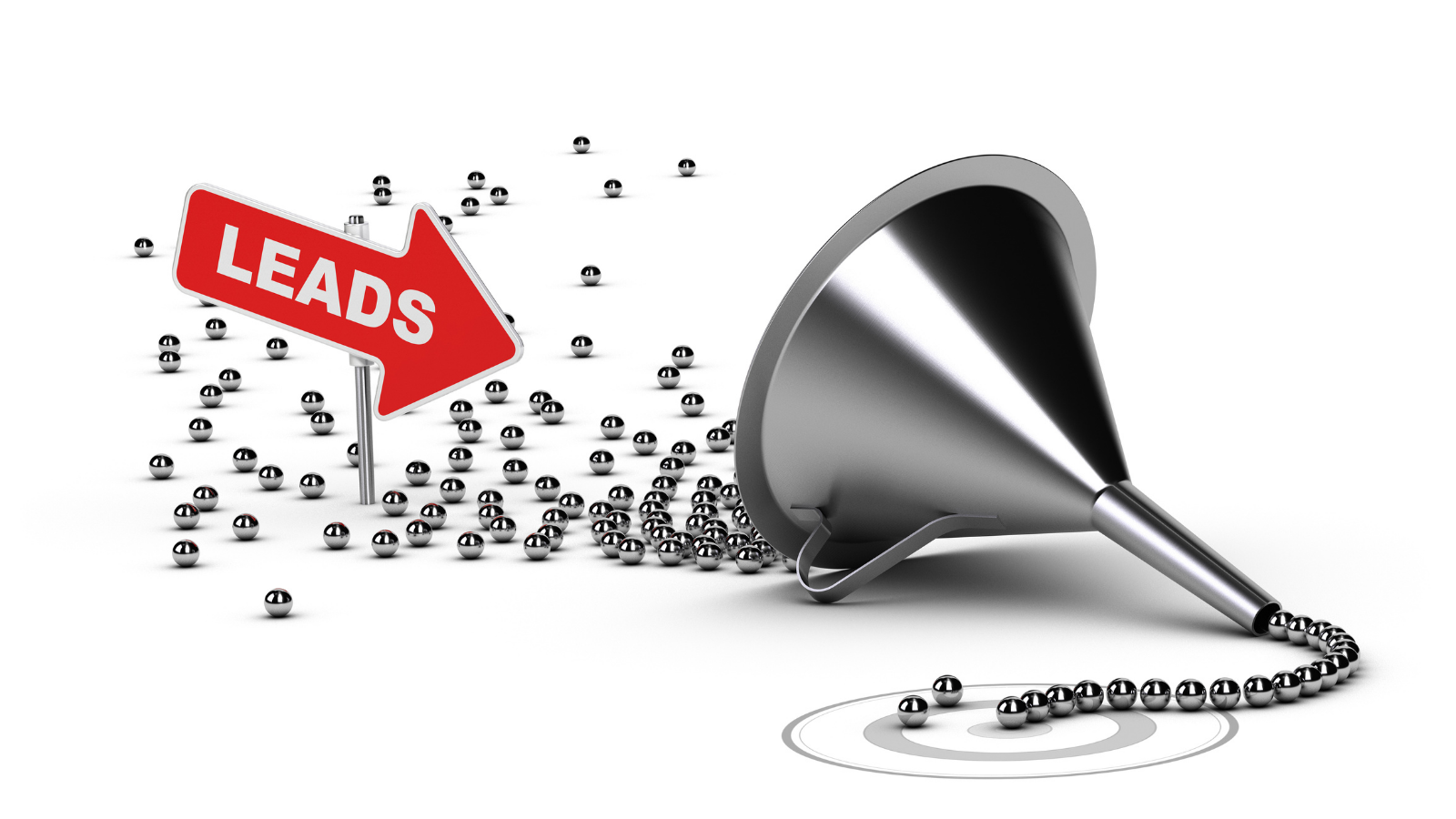
Teams that intentionally track performance measures and leading indicators also tend to reach their goals faster and more consistently, especially those who study the data and communicate expectations to their teams.
While I have seen teams track this data in many ways, a CRM is a critical component to effectively tracking sales performance. Without it, sales leaders often make educated guesses about how their sales team is performing.
If that’s you, you owe it to yourself and your organization to use one of the dozens of good CRMs that work best for your organization.




 Did you know that your chances of making a sale go up a gazillion percent when the prospect actually asks to be contacted by you? Of course you knew that! So how do you make this happen?
Did you know that your chances of making a sale go up a gazillion percent when the prospect actually asks to be contacted by you? Of course you knew that! So how do you make this happen? Recently, I shared a blog post called
Recently, I shared a blog post called 



